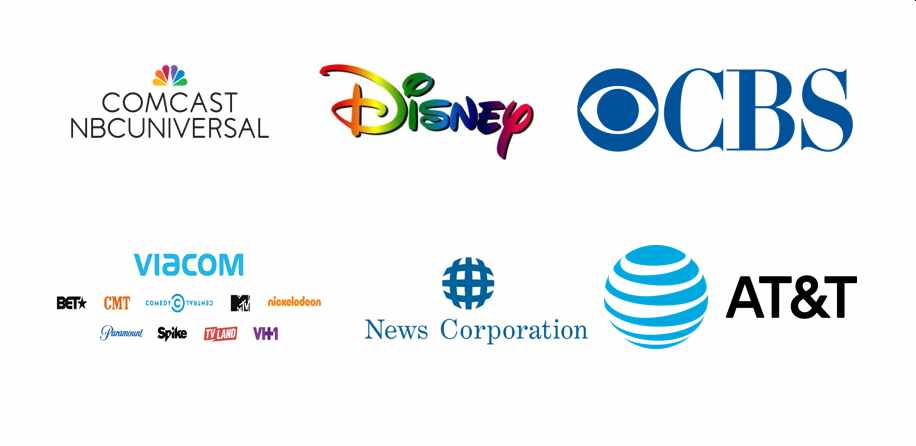"Debate on public issues should be uninhibited, robust, and wide-open, and may well include vehement, caustic, and sometimes unpleasantly sharp attacks on government and public officials." - Justice Brennan on NY Times v. Sullivan in 1964
The Sherman Antitrust Act was approved July 2nd, 1890. This was the first legislation against monopolies. The government's National Archives website describes a trust as "an arrangement by which stockholders in several companies transfer their shares to a single set of trustees." Stockholders are incentivized to do this because they are then entitled to a share of the combined companies which will yield much higher payouts.The obvious issue with this is that a small group of people are controlling an entire market. This leads to a lack of competition which would usually bring prices down and employee's wages up.
While it was originally used in the Gilded Age against people like Rockefeller and Carnegie, ti is still used today. In the late 1990's, this act was used against Microsoft accusing them of monopolistic business practices.
An interesting application of this act is with media consolidation. Helen Johnson, a student at Vassar College, writes that in 1983, there were 50 dominant media companies. Today, there are 6: Comcast, NewCorp, Disney, ViaCom, AT&T, and CBS. These corporations alone account for 90% of media consumed in America.
If one companies owns all of the smaller companies that sell jackets, they can do two things; up-charge the price per jacket, and make it low quality. Everyone needs a jacket so people will buy it and they'll have to got to this one company. The same idea applies to media consumption as opposed to goods and services. When a media company doesn't have enough competition, they can put in as little effort as they want. Almost everybody needs to be updated on the news and they have limited options on how to do that so the business is guaranteed. I believe this to be a contributor to the modern fake news issue.
These modern media businesses completely destroy the marketplace of ideas theory. The theory was developed in 1919 and argues that a free form of expression ultimately leads to truth. Only when our ideas are challenged can we know their strength. Without open expression, the ideas of the few in power will never be challenged.
In the end, we are the only ones who get hurt as the consumers. It is way too easy for these companies to skew their news and create false narratives. To truly enjoy freedom, one must also have the freedom to seek and share ideas as he pleases. I'm not sure that the business practices of these companies today ensure that. I believe the Sherman Antitrust Act will be used frequently in the years to come.


No comments:
Post a Comment